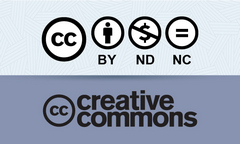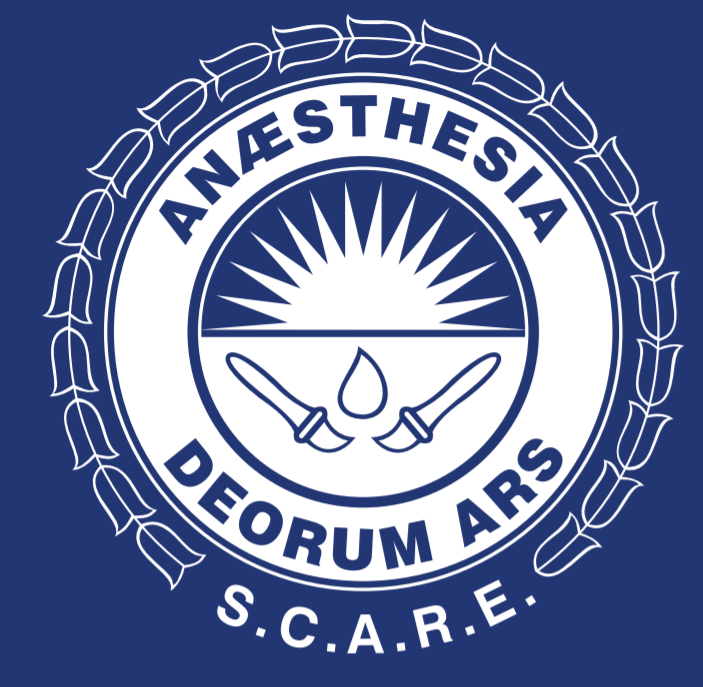Cognitive load in academic clinical simulation activities. Cross-sectional study
Abstract
Introduction: Cognitive load determines working memory ability to store and retain information in long-term memory, thus conditioning learning.
Objective: To compare cognitive loads among different simulation activities, including anesthesia and surgery simulation workshops in medical students.
Methods: Cross-sectional analytical observational study. Two cognitive load measurement scales (Paas and NASA-TLX) were given to the students after each simulation workshop. Comparisons were made based on the scores derived from the scales.
Results: Relevant differences were found in terms of the mental effort assessed by means of the Paas scale, as relates to student rotation order in the airway management workshop, with a greater effort being found in the group that rotated initially in surgery (6.19 vs. 5.53; p = 0.029). The workshop with the highest associated rate of frustration was the airway management workshop. Higher scores were obtained for this workshop in all the items of the NASA-TLX scale, reflecting a higher cognitive load when compared to the others.
Conclusion: It was not possible to determine whether higher scores in some of the activities were associated with the inherent difficulty of airway management or the specific workshop design. Consequently, further studies are required to distinguish between those components in order to improve the way learning activities are designed.
References
Van Merriënboer JJG, Sweller J. Cognitive load theory and complex learning: Recent developments and future directions. Educ Psych Rev. 2005;147-77. doi: https://doi.org/10.1007/s10648-005-3951-0
Young JQ, Van Merrienboer J, Durning S, Ten Cate O. Cognitive load theory: Implications for medical education: AMEE Guide No. 86. Med Teach. 2014;36(5):371-84. doi: https://doi.org/10.3109/0142159X.2014.889290
Chen R, Grierson L, Norman G. Manipulation of cognitive load variables and impact on auscultation test performance. Adv Health Sci Educ Theory Pract. 2015;20(4):935-52. doi: https://doi.org/10.1007/s10459-014-9573-x
Van Merrienboer J, Sweller J. Cognitive load theory in health professional education: design principles and strategies. Med Educ. 2010;44(1):85-93. doi: https://doi.org/10.1111/j.1365-2923.2009.03498.x
NASA. Task Load Index paper and pencil version. NASA Ames Research
Center, Moffett Field, CA [internet]. 2014 [cited 2020 Feb 14]. Available at: http://humansystems.arc.nasa.gov/groups/TLX/downloads/TLXScale.pdf
Paas F, Ayres P, Pachman M. Assessment of cognitive load in multimedia learning theory methods and applications [internet]. 2020 [cited 2020 Feb 14]. Available at: https://www.researchgate.net/publication/301806857_Assessment_of_Cognitive_LoAd_in_muLtimediA_LeArning_theory_methods_and_Applications
Coelho DA, Filipe JNO, Simões-marques M, Nunes IL. The Expanded Cognitive Task Load Index (NASA-TLX) applied to Team Decision-Making in Emergency Preparedness Simulation. 2015;225-236. Paper presented at Human Factors and Ergonomics Society Europe Chapter 2014 Annual Conference, Lisboa, Portugal. doi: https://doi.org/10.13140/RG.2.1.1170.1287
Naismith LM, Cavalcanti RB. Validity of cognitive load measures in simulation-based training: A systematic review. Acad Med. 2015;90(11):S24-35. doi: https://doi.org/10.1097/ACM.0000000000000893
Paas FGWC. Training strategies for attaining transfer of problem-solving skill in statistics: A cognitive-load approach. J Educ Psychol. 1992;84:429-34. doi: https://doi.org/10.1037/0022-0663.84.4.429
Baghurst T, Kelley BC. An examination of stress in college students over the course of a semester. Health Promot Pract. 2014;15(3):438-47. doi: https://doi.org/10.1177/1524839913510316
Aldekhyl S, Cavalcanti RB, Naismith LM. Cognitive load predicts point-of-care ultrasound simulator performance. Perspect Med Educ. 2018;7(1):23-32. doi: https://doi.org/10.1007/s40037-017-0392-7
Haji FA, Khan R, Regehr G, Drake J, de Ribaupierre S, Dubrowski A. Measuring cognitive load during simulation-based psychomotor skills training: sensitivity of secondary-task performance and subjective ratings. Adv Health Sci Educ Theory Pract. 2015;20(5):1237-53. doi: https://doi.org/10.1007/s10459-015-9599-8
Pawar S, Jacques T, Deshpande K, Pusapati R, Meguerdichian MJ. Evaluation of cognitive load and emotional states during multidisciplinary critical care simulation sessions. BMJ Simul Technol Enhanc Learn. 2018;4(2):87-91. doi: https://doi.org/10.1136/bmjstel-2017-000225
Ambardekar AP, Rosero EB, Bhoja R, Green J, Rebal BA, Minhajuddin AT, et al. A randomized controlled trial comparing learners' decision-making, anxiety, and task load during a simulated airway crisis using two difficult airway aids. Simul Healthc. 2019;14(2):96-103. doi: https://doi.org/10.1097/SIH.0000000000000362
Baker PA, Weller, JM, Greenland KB, Riley RH, Merry AF. Education in airway management. Anaesthesia. 2011;66(Suppl 2):101-11. doi: https://doi.org/10.1111/j.1365-2044.2011.06939.x
Fraser K, Ma I, Teteris E, Baxter H, Wright B, McLaughlin K. Emotion, cognitive load and learning outcomes during simulation training. Med Educ. 2012;46(11):1055-62. doi: https://doi.org/10.1111/j.1365-2923.2012.04355.x
Haji FA, Cheung JJ, Woods N, Regehr G, de Ribaupierre S, Dubrowski A. Thrive or overload? The effect of task complexity on novices' simulation-based learning. Med Educ. 2016;50(9):955-68. doi: https://doi.org/10.1111/medu.13086
Kaylor SK. Preventing information overload: Cognitive load theory as an instructional framework for teaching pharmacology. J Nurs Educ. 2014;53(2):108-11. doi: https://doi.org/10.3928/01484834-20140122-03
Chen R, Grierson L, Norman G. Manipulation of cognitive load variables and impact on auscultation test performance. Adv Health Sci Educ Theory Pract. 2015;20(4):935-52. doi: https://doi.org/10.1007/s10459-014-9573-x
Ghanbari S, Haghani F, Akbarfahimi M. Practical points for brain-friendly medical and health sciences teaching. J Educ Health Promot. 2019;8:198. doi: https://doi.org/10.4103/jehp.jehp_135_19
Ziv A, Wolpe PR, Small SD, Glick S. Simulation-based medical education: an ethical imperative. Acad Med. 2003;78(8):783-8. doi: https://doi.org/10.1097/00001888-200308000-00006
Milles LS, Hitzblech T, Drees S, Wurl W, Arends P, Peters H. Student engagement in medical education: A mixed-method study on medical students as module co-directors in curriculum development. Med Teach. 2019;41(10):1143-50. doi: https://doi.org/10.1080/0142159X.2019.1623385
Dornan T, Arno M, Hadfield J, Scherpbier A, Boshuizen H. Student evaluation of the clinical 'curriculum in action'. Med Educ. 2006;40(7):667-74. doi: https://doi.org/10.1111/j.1365-2929.2006.02507.x
Downloads
Copyright (c) 2022 Sociedad Colombiana de Anestesiología y Reanimación (S.C.A.R.E.)

This work is licensed under a Creative Commons Attribution-NonCommercial-NoDerivatives 4.0 International License.
| Article metrics | |
|---|---|
| Abstract views | |
| Galley vies | |
| PDF Views | |
| HTML views | |
| Other views | |














